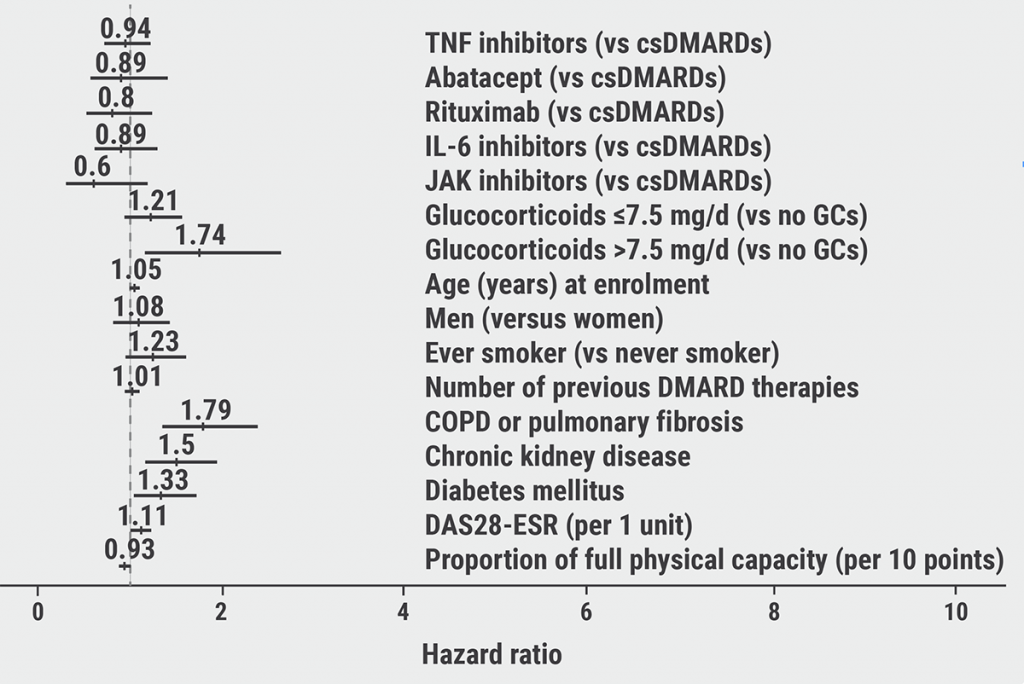One of the major hallmarks of Parkinson’s disease is inflammation. Furthermore, the Parkinson’s disease-related genes PINK1 and Parkin regulate the mitochondrial antigen presentation pathway. PINK1 aggregates on damaged mitochondria and recruits Parkin, thus triggering mitophagy. If PINK1 or Parkin are missing, mitochondrial-derived vesicles (MDV) may form. The mitochondrial antigens contained within the MDVs may be expressed at the cell surface. To better understand the processes taking place in the periphery in Parkinson’s disease, Canadian researchers investigated whether antigen-presenting cells (APCs) from patients display a dysregulated cytokine expression profile [1]. Monocyte-derived dendritic cells were generated from peripheral blood mononuclear cells (PBMCs) of patients with Parkinson’s disease and healthy controls to characterise their cytokine expression profile after lipopolysaccharide (LPS) or bacterial (Enteropathogenic Escherichia coli [EPEC]) stimulation. The results were presented by Dr Camille Michaud (University of Montreal Hospital Research Centre, Canada).
The results demonstrated that inflammation and ageing regulate expression of PINK1 and Parkin. Treatment of inflammation induced by LPS/EPEC reduced the expression of PINK1 and Parkin. Loss of co-localisation between patients' monocyte-derived dendritic cells could indicate activation of the MDV/mitochondrial antigen presentation pathway. Monocyte-derived dendritic cells of patients with Parkinson’s disease produced more pro-inflammatory cytokines in response to LPS and EPEC.
- Michaud C, et al. Antigen-presenting cells from PD patients exhibit an autoinflammatory cytokine profile. S27.001, AAN 2021 Virtual Congress, 17-22 April.
Copyright ©2021 Medicom Medical Publishers
Posted on
Previous Article
« Novel non–D2-receptor-binding treatment for Parkinson’s disease psychosis Next Article
Novel AAV-based gene therapy for Duchenne muscular dystrophy »
« Novel non–D2-receptor-binding treatment for Parkinson’s disease psychosis Next Article
Novel AAV-based gene therapy for Duchenne muscular dystrophy »
Table of Contents: AAN 2021
Featured articles
Letter from the Editor
Interview with AAN President Dr James C. Stevens
COVID-19 and Neurology
The neurological impact of COVID-19
Chemosensory dysfunction often persistent after COVID-19
Pandemic results in decreased global stroke care
Stroke uncommon in critically ill COVID-19 patients
Cognitive Impairment and Dementias
Obstructive sleep apnoea associated with lower cognition
NfL is a better marker for neurodegeneration than T-tau
Monoclonal antibody rapidly reduces brain amyloid
Epilepsy
Extraordinary transformation of epilepsy care in Ontario
No neurodevelopmental effects of foetal antiseizure medication
Migraine and Other Headaches
Long-term safety of atogepant as migraine prophylaxis
Multiple Sclerosis
Dysmetabolism may drive MS progression
Predicting long-term prognosis in paediatric MS patients
Neuromuscular Disorders
Functional and survival benefits of AMX0035 in ALS
Parkinson’s Disease and Other Movement Disorders
Autoimmune mechanisms implicated in Parkinson’s disease
Novel non–D2-receptor-binding treatment for Parkinson’s disease psychosis
Troriluzole for spinocerebellar ataxia
Stroke
Can linoleic acid help prevent stroke?
No association between SSRIs and risk of ICH
Other Topics
Vutrisiran for hATTR amyloidosis with polyneuropathy
10 kHz spinal cord stimulation for painful diabetic neuropathy
Related Articles

June 15, 2022
Sotagliflozin SCORED MACE benefit
© 2024 Medicom Medical Publishers. All rights reserved. Terms and Conditions | Privacy Policy
HEAD OFFICE
Laarderhoogtweg 25
1101 EB Amsterdam
The Netherlands
T: +31 85 4012 560
E: publishers@medicom-publishers.com

